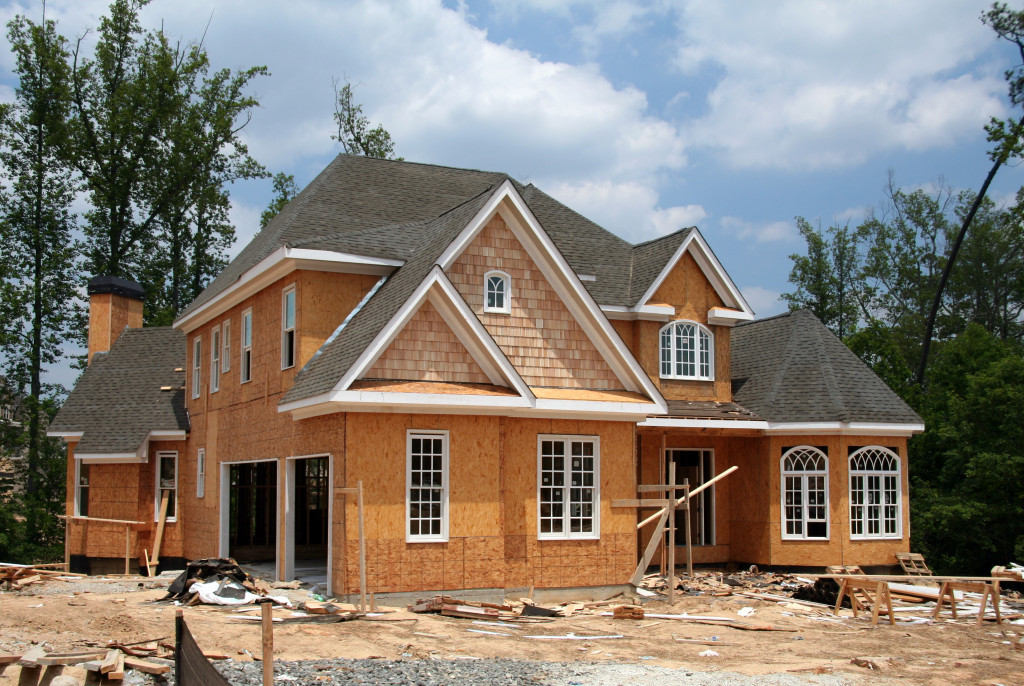In the past years, millennials have become the key to the success of the housing market. This young generation now has families of their own and leaves cities in exchange for a quiet life in the suburbs. They’re gradually dominating the home-buying population, with the majority of them looking for starter homes. Others are buying homes needing renovations and applying for renovation loans to fund their projects.
During the COVID-19 pandemic, the real estate community witnessed a massive surge of the millennial generation in the housing market. Many factors come into play behind the increasing number of millennial homebuyers, such as stay-at-home orders, low mortgage rates, and housing supply shortages. All these factors have caused unexpected challenges on the path towards homeownership in the post-pandemic housing market.
Today, more millennials are struggling to search and close on new properties than they expected. They’re spending a considerable time finding homes and submitting multiple offers. The bad news is most of them have gone beyond their budget and ended up buying homes requiring more renovations. This article will talk about how the pandemic caused unexpected impacts on millennial homebuyers and how it will affect the home buying experience.
More house tours and extended searches
Millennials are known as the generation who require more instant gratification in almost every area of their life. Despite this fact, experts recommend millennial buyers to be more patient during the pandemic, including the home buying process. In a booming housing market, homebuyers spend more than six months on home search and have visited over 20 homes.
The record low housing inventory is likely the reason house search has become so complicated. The current housing crisis has led many homeowners to rethink if making such a big investment is a wise decision in these uncertain times.
Homeowners and sellers also play a role in why the housing inventory has reached record lows. The thought of meeting strangers for house staging, tours, viewings, and inspections amid a health crisis is quite unsettling. You never know if the person might infect you with the virus. For this reason, sellers are withdrawing their properties in the market, and house hunters have fewer options and a long home search.

Multiple offers and overpriced properties
Once millennials found the property they want, they will immediately jump in to make a compelling offer and go beyond the asking price, all for the sake of getting the home.
A survey revealed that more than half of millennial homebuyers submit a minimum of four offers at bidding wars. Some pay more than the asking price, while others go over their budget to close a deal.
Almost every sold property during the pandemic received multiple offers because of the significantly high demands and low supply. This explains why a large number of buyers have no choice but to pay more than the asking price to close a deal. First-time homebuyers such as millennials face intense competition despite having a minimum price point below $2 million.
Buying homes needing renovations
Most homebuyers begin their search by contemplating whether they should buy a ready-made home or a fixer-upper. When we talk about fixer-uppers, these are homes that require remodeling, reconstruction, refurbishment, or redesign. These projects range from minor to major improvements that take up 10 percent of the house value or even more.
Given the low housing inventory and housing market crisis, some millennials are settling on fixer-uppers than what they initially planned for. They’re now more open to buying homes needing minor to major improvements while others start their search with the intention in mind.
One major reason why millennials are pushing to buy homes requiring renovations is the price point. Fully renovated homes in the best neighborhoods are generally more pricey than fixer-uppers, putting homes beyond millennials’ financial reach.
Millennials are also investing more in renovation projects if the price of the house they bought is less than their allocated budget. The leftover money will proceed to renovations to get their desired appearance and features on the house. Meanwhile, other millennials are spending more on renovations during the initial years of homeownership.
As home-buying becomes more challenging, this will encourage millennials and other generations to carefully consider their home buying preference. Decisions won’t be made easily to avoid regretting them.
In turn, lenders and real estate professionals should leverage their marketing strategies to build meaningful relationships with their potential clients. In these times of affordability crisis, sharing knowledge about the mortgage and financial literacy is key to a successful home buying process.

